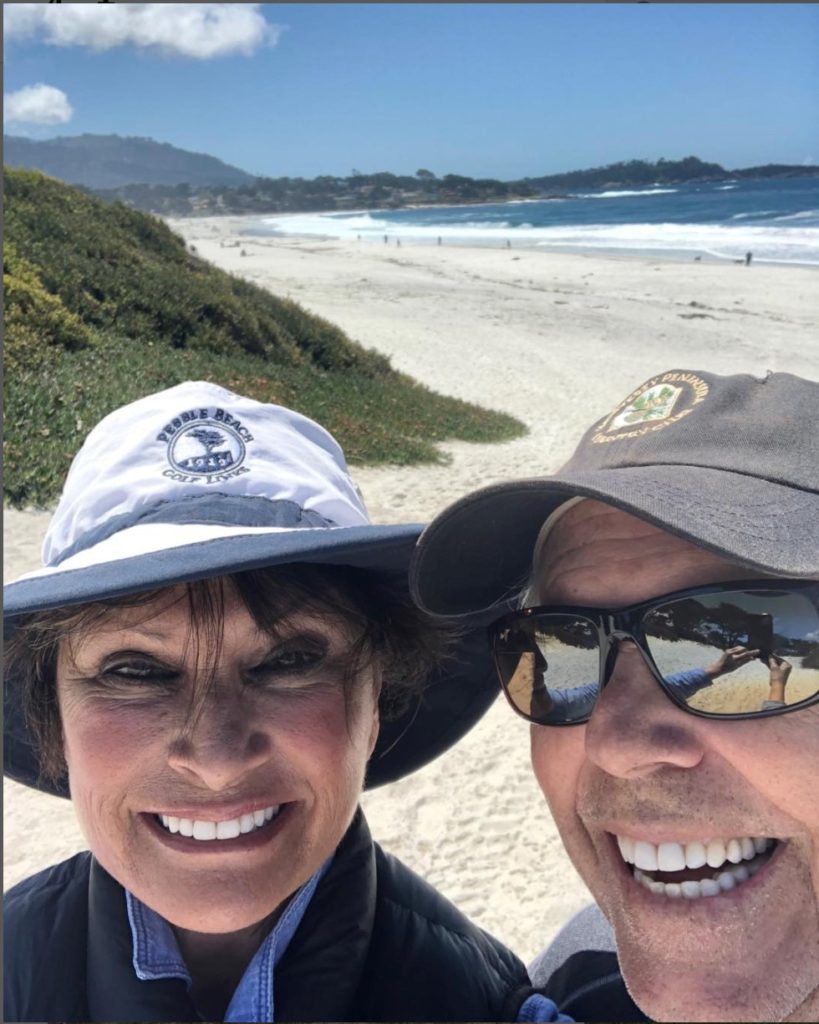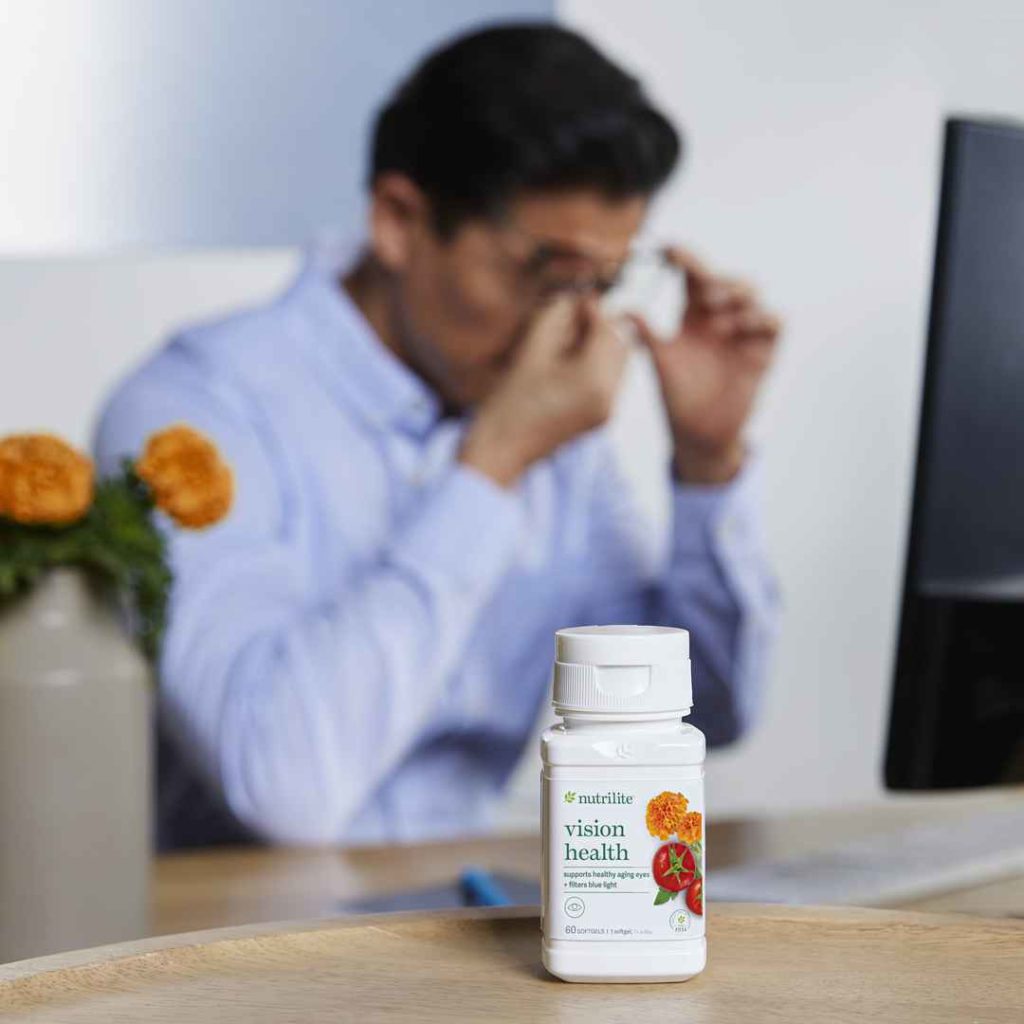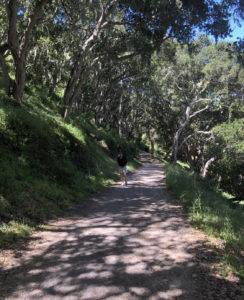Living beyond 100 years is becoming much more commonplace, despite the global challenges we’ve faced recently. In fact, according to a recent report from the Centers for Disease Control and Prevention, the average life expectancy in the United States reached an all-time high of 78 years.
The global pandemic will cause this number to decline in the short term, but it still means that more people are facing the reality of living much longer lives. The startling truth is that of the babies born in the United States today, as many as half can expect to celebrate their 100th birthday.[i]

That’s why I was excited to learn about an intriguing new initiative that was launched late last year by The Stanford Center on Longevity called The New Map of Life. It outlines how our societies need to change to account for our ever-increasing lifespans.
A new way of living
I’ve been a lifelong champion of prevention and if we’re going to be around longer while staying healthier, we need to be preparing ourselves for a new way of living, living that isn’t only about our life span, but also about our health span.
If you want to extend your health span, simple habits are the shortest path to doing so. Your health span is about living more of your years in good health. To me, it’s a big deal because good health is where we get our energy and vitality to fully enjoy life’s adventures. It’s also where we find strength and resilience—both mental and physical—to overcome life’s challenges.
If we are going to be living longer lives, past 100 years, how we experience them becomes even more important. Especially if we want to improve our quality of life. What will we do with all that extra time? Luckily, The New Map of Life initiative provides guidance on how we might reshape our longer lives.
Here are some highlights from the report that I think you will appreciate:
Stay curious and keep learning
Instead of only focusing on education early on in your first couple decades, look for learning opportunities beyond formal education. Be curious at every stage of your life and have a growth mindset.
Embrace life transitions
If you are living a 100-year-life, you should be resetting your direction often. There are multiple intersections throughout the decades of life that provide more opportunity for meaningful interactions across generations. Interactions where knowledge and wisdom will flow, improving everyone’s quality of life, no matter the age.
Exercise regularly
Americans over 30 years of age gain about a pound a year on average, and by 40 years they begin to lose muscle mass. Many health changes that we experience throughout life that were thought to be inevitable signs of aging can, instead, be attributed to disuse. Staying active – such as 30-minute walks five times per week and muscle-strengthening exercises twice a week – can help mitigate aging effects.
Build a strong community of friends
Make an effort to emphasize friendship even during the busiest years of your life when it might seem harder to make time for relationships. A healthy social life with a handful of close friends is a strong predictor of health, and even the length of our life.
See yourself living a good long life
Although we’ve added 30 years to our life expectancy, we shouldn’t just add them onto the end. Take advantage of those extra years throughout your life by thinking holistically about all 100 years. Find a new sport, go back to school, or even start a new career later in life.
The human body is an amazing machine. Given the right nutrition and maintenance, it can keep going strong for a very long time. Well past 100 years. Healthy eating and taking Nutrilite™ products to fill gaps in my diet have been like extra insurance for me.
For starters, I consume enough high-quality protein every day because it is an essential building block to help regain muscle mass. Nutrilite™ All Plant Protein Powder can be a good protein supplement. And studies have found that supplementation of plant-based multivitamin supplements, like Nutrilite™ Double X multivitamin, provide antioxidant benefits on oxidative stress that are essential to support optimal health.*
Making the most of our lives and improving the way we think about each stage of our growth will maximize our health spans. And a healthier world is a better place for everyone.
Cheers!
![]()
P.S. Don’t forget to subscribe to our RSS feed and have blog posts delivered right to your inbox.
[i] https://longevity.stanford.edu/ 100 Years to Thrive
*This statement has not been reviewed by the Food and Drug Administration. This product is not intended to diagnose, treat, cure, or prevent any disease.








